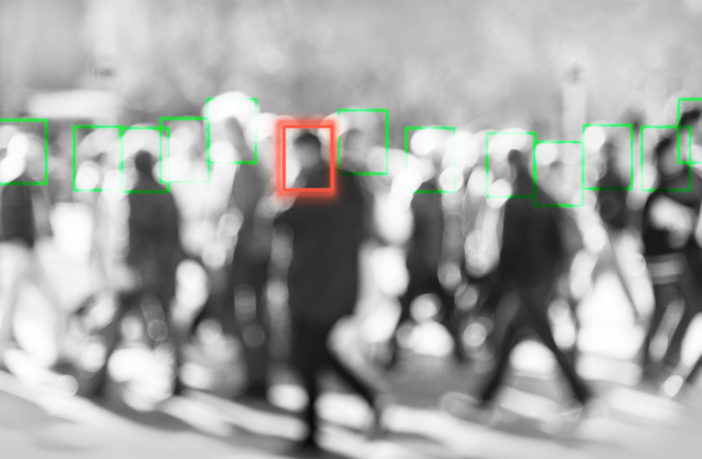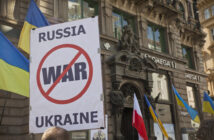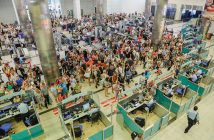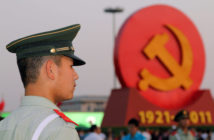As the coronavirus epidemic began to emerge in America, U.S. law enforcement officials say a Pakistani doctor here on an H-1B work visa was incubating seeds of terror.
Muhammad Masood, a research coordinator at the prestigious Mayo Clinic in Rochester, Minn., used encrypted texts in pledging his allegiance to the Islamic State and expressing his desire to fight for ISIS in Syria.
A federal criminal complaint filed by the Justice Department relates that the 28-year-old Masood also discussed carrying out “lon wulf’” (sic) terrorist attacks in the United States. Disgusted by what he called the “passing kuffar,” a derogatory term for non-Muslims, the Pakistani complained in January and February, “I cannot tolerate it anymore.”
“I want to kill and get killed … and kill and get killed … and again and again. This is what … Allah wished,” Masood wrote.
Unbeknownst to Masood, his correspondents were federal informants. He was arrested by the FBI’s Joint Terrorist Task Force on March 19 at Minneapolis-St. Paul Airport while preparing to board a flight for Los Angeles.
Masood entered the U.S. on an H-1B (skilled) work visa in 2018. Though Pakistan is considered a “high-threat” area, it was not included in the Trump administration’s ban on travel from terrorist-connected countries. A total of 1,871 Pakistanis applied for H-1B visas in 2018.
Todd Bensman, senior national security fellow at the Center for Immigration Studies, says the Masood case is another cautionary tale of inadequate background investigations of foreign nationals, even highly trained ones such as medical professionals, who slip through the vetting process.
Bensman’s gallery of global “Hippocratic Oath Breakers” ranges from a group of foreign-born doctors involved in bombing attempts in the U.K., to “Lady Al-Qaida,” a Pakistan-born, U.S.-educated neuroscientist convicted of attempted murder.
The Trump administration rightly toughened screening of foreign visa applicants by requiring five years’ worth of social media profiles, email addresses, phone numbers, international travel and deportation status, as well as information on family associations with terrorist activities.
As with cancer, early detection of terrorist activity is always best. But with his H-1B visa already in hand, Masood apparently ducked the higher hurdles by arriving a year before the enhanced vetting protocols took effect. The apprehension of the not-so-good doctor appears to be a case of better late than never.




